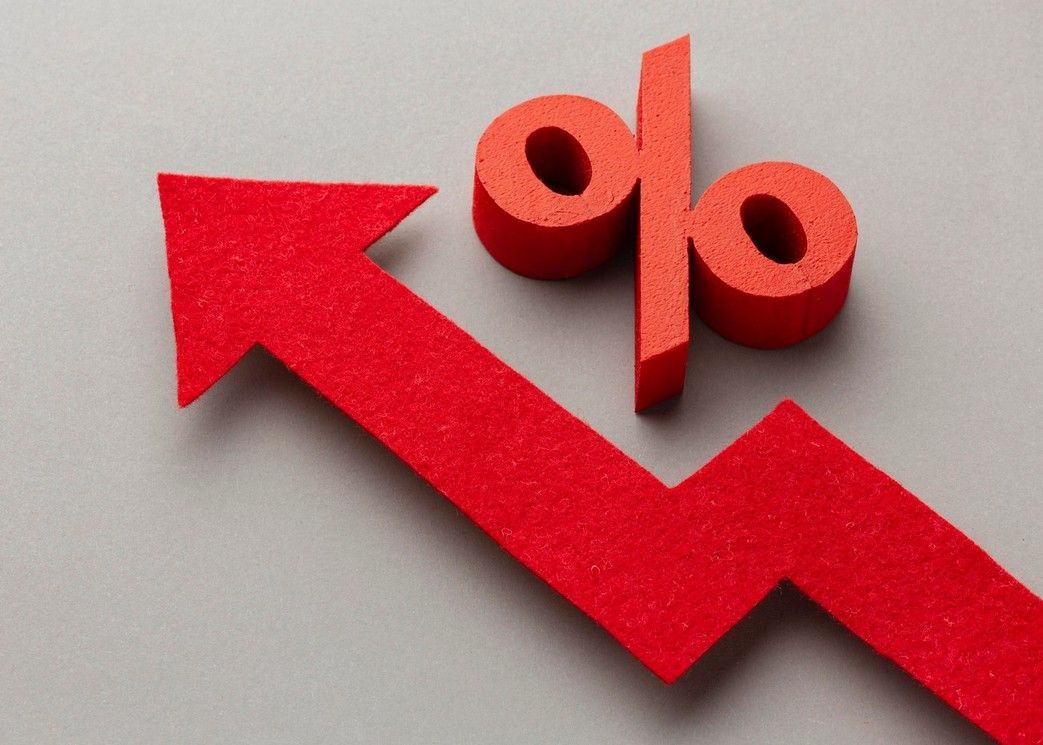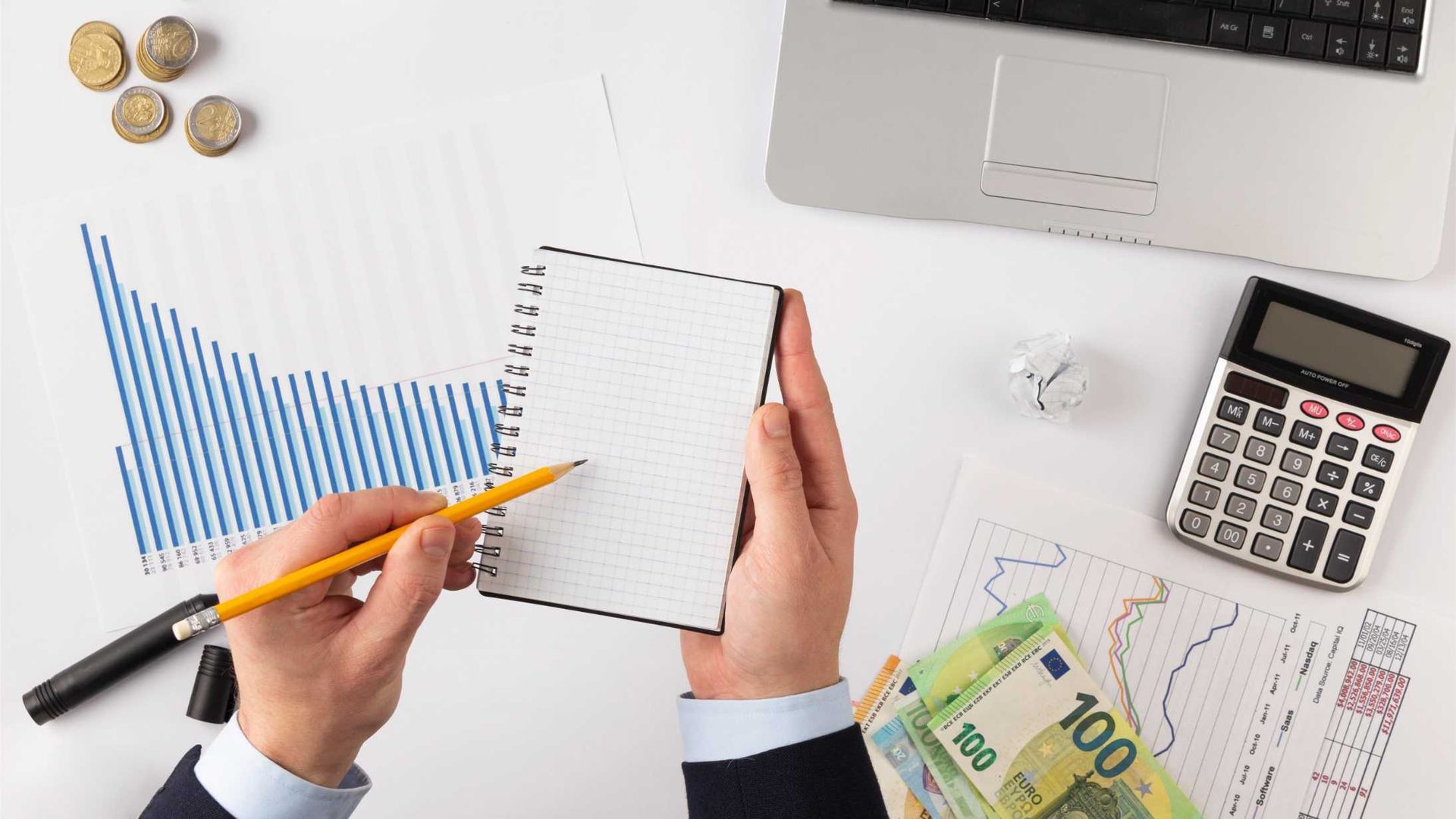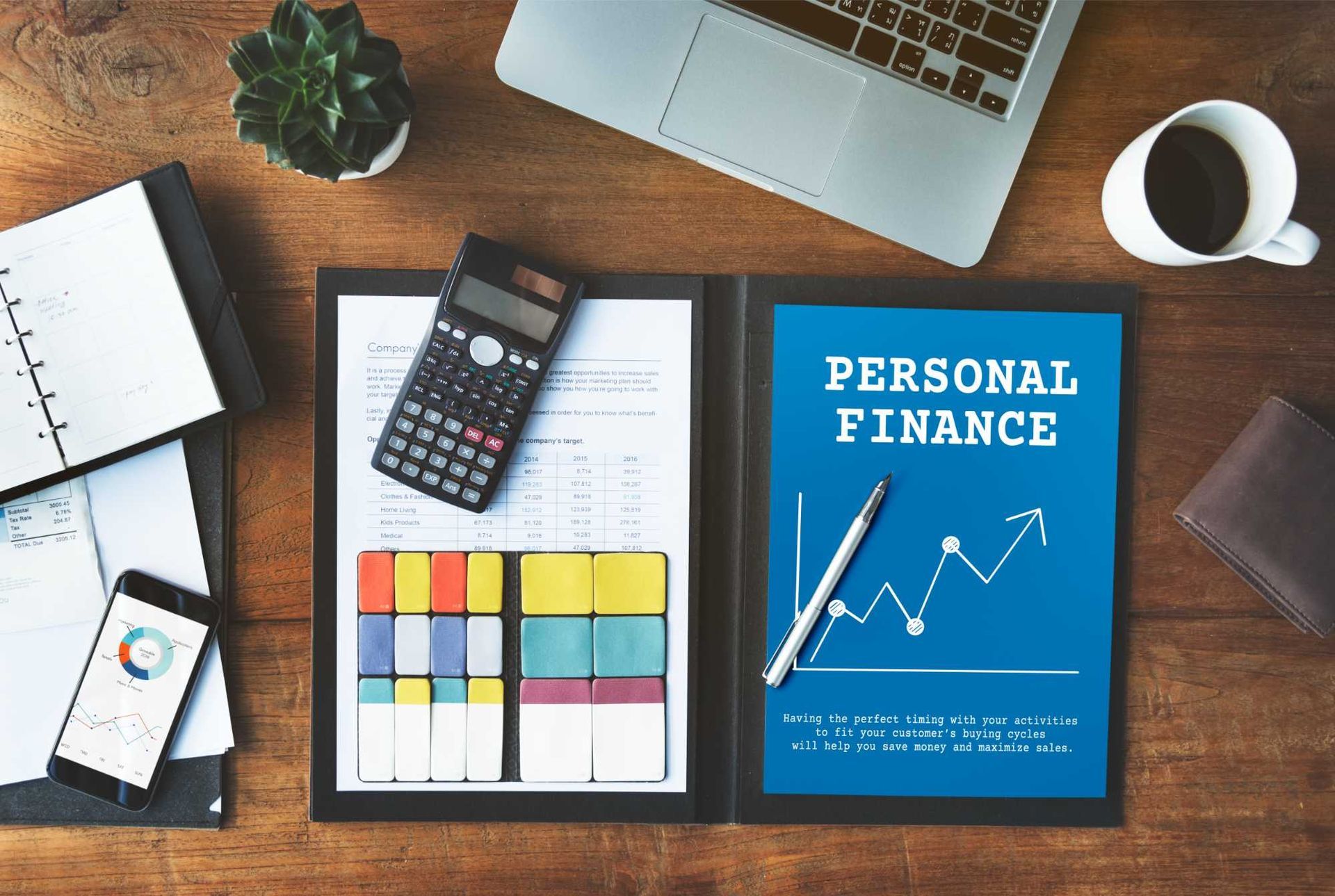Maximizing Your Tax Deductions as a Freelancer

As a freelancer, you're not just your own boss – you're also your own accountant, HR department, and tax strategist. While the freedom of freelancing is exhilarating, tax season can feel like a rollercoaster ride through a maze of receipts and 1099 forms. But fear not! With the right knowledge and strategies, you can turn tax time from a headache into an opportunity to keep more of your hard-earned money.
At Andrea Ward CPA, we've helped countless freelancers navigate the complex world of self-employed tax write-offs and freelancer tax deductions. Today, we're sharing our top tips to help you maximize your deductions and optimize your tax return. Whether you're a seasoned pro or just starting your freelance journey, these insights will help you save money and stay on the right side of the IRS.
Understanding Your Freelance Tax Obligations
Before we dive into the juicy deductions, let's get real about your tax responsibilities. As a freelancer, you're considered self-employed in the eyes of the IRS. This means you're on the hook for both income tax and self-employment tax (which covers Social Security and Medicare contributions).
The kicker? You don't have an employer withholding taxes from your paycheck. Instead, you're responsible for making quarterly estimated tax payments throughout the year. It's like being your own personal tax collector – fun, right?
But don't worry, it's not all doom and gloom. The flip side of this responsibility is that you have more control over your tax situation. And that's where deductions come in handy.
Home Office Deduction: Your Secret Weapon
If you're like many freelancers, your home is your castle and your office. The good news? You can deduct a portion of your housing expenses through the home office deduction. But before you start measuring your entire house, there are some rules to follow:
- The space must be used regularly and exclusively for your business.
- It should be your principal place of business.
You've got two options for calculating this deduction:
- The simplified method: Deduct $5 per square foot of your home office, up to 300 square feet.
- The regular method: Calculate the actual expenses of your home office, including mortgage interest, insurance, utilities, repairs, and depreciation.
Pro tip: Keep detailed records of your home office measurements and expenses. The IRS loves documentation!
Tracking Business Expenses: Every Penny Counts
One of the biggest mistakes I see freelancers make is not keeping track of their business expenses. Trust me, those $5 coffees and $20 notepads add up! Here's a non-exhaustive list of potential deductions:
- Office supplies
- Software subscriptions
- Professional development courses
- Business travel expenses
- Marketing and advertising costs
- Professional memberships and subscriptions
I recommend using a dedicated business credit card and a robust expense tracking app. Your future self (and your
accountant) will thank you come tax time.
The Mileage Deduction: Don't Leave Money on the Road
Do you use your car for business purposes? Whether you're meeting clients, attending conferences, or picking up supplies, those miles can translate into sweet tax deductions.
For 2024, the standard mileage rate is 67 cents per mile driven for business use. Alternatively, you can deduct actual car expenses, including gas, oil, repairs, and depreciation. Whichever method you choose, make sure to keep a detailed log of your business trips.
Health Insurance and Retirement: Invest in Yourself
Being your own boss means you're responsible for your own benefits. The silver lining? Many of these expenses are tax-deductible:
- Health insurance premiums: As a self-employed individual, you can deduct 100% of your health, dental, and long-term care insurance premiums.
- Retirement contributions: Contributions to a SEP IRA, SIMPLE IRA, or solo 401(k) can significantly reduce your taxable income.
Remember, these deductions not only save you money on taxes but also help secure your future. It's a win-win!
Professional Development: Learn and Save
Investing in your skills is crucial for staying competitive in the freelance world. The good news is that many of these expenses are tax-deductible:
- Online courses and workshops
- Books and educational materials
- Conference fees and related travel expenses
- Professional certifications
Just make sure these expenses are directly related to your current freelance work. As much as we'd all love to deduct that underwater basket weaving course, the IRS might have some questions.
Meals and Entertainment: Mixing Business with Pleasure
While the days of deducting lavish client dinners are behind us, you can still deduct 50% of the cost of business-related meals. This includes:
- Meals with clients or potential clients
- Food during business travel
- Team meals (if you have employees or contractors)
Just remember to keep those receipts and jot down who you were with and what business was discussed.
The Power of Depreciation
If you've invested in equipment for your freelance business – like a new computer, camera, or specialized tools – you might be able to deduct the full cost in the year of purchase thanks to Section 179 of the tax code.
Alternatively, you can depreciate these assets over time, spreading out the deduction over several years. This can be a smart strategy if you're expecting your income to increase in future years.
Don't Forget About These Often-Overlooked Deductions
Here are a few more deductions that freelancers often miss:
- Bank fees for your business account
- Postage and shipping costs
- Business insurance premiums
- Home internet and cell phone (proportional to business use)
- Professional photography or branding services
Every dollar counts when it comes to reducing your taxable income!
The Importance of Proper Record-Keeping
I can't stress this enough: good record-keeping is the foundation of maximizing your tax deductions. It's not the most exciting part of freelancing, but it's crucial for your financial health.
Invest in a good bookkeeping system, whether it's a simple spreadsheet or a more robust accounting software. Set aside time each week to update your records – future you will be grateful when tax season rolls around.
When to Seek Professional Help
While DIY tax preparation can save you money, there comes a point where professional help is worth the investment. Consider working with a tax professional if:
- Your freelance income has significantly increased
- You're unsure about which deductions apply to your situation
- You're dealing with complex situations like working in multiple states
- You're considering changing your business structure (e.g., from sole proprietorship to LLC)
At
Andrea Ward CPA, we specialize in helping freelancers navigate the complexities of tax planning and preparation. We're here to help you maximize your deductions while staying compliant with tax laws.
Wrapping It Up
Maximizing your tax deductions as a freelancer isn't just about saving money – it's about investing in your business and your future. By understanding and leveraging these deductions, you're ensuring that more of your hard-earned money stays in your pocket.
Remember, tax laws change frequently, so it's important to stay informed or work with a professional who can keep you updated. And always, always keep good records. Your future self will thank you when April 15th rolls around!
Now, go forth and conquer those taxes – you've got this, freelancer!
Andrea Ward, CPA
Andrea officially began her accounting career in 1987. But it all began much earlier than that as a kid when she meticulously budgeted her allowance to buy really cool toys. Since then, she has earned Cum Laude honors with a Bachelor in Business Administration, with equivalent minors in Finance and Economics from Texas A&M University. A CPA and Registered Investment Advisor, Andrea loves helping people accumulate wealth.
Popular Posts
Recent Posts












